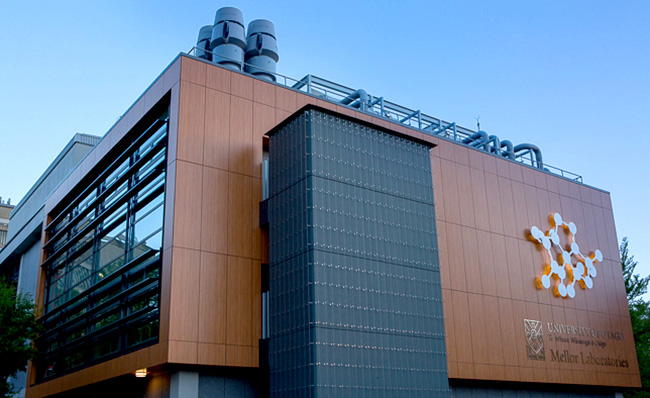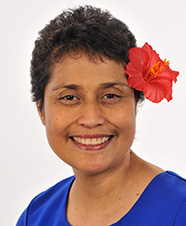 Thursday 16 November 2017 5:00pm
Thursday 16 November 2017 5:00pm
A TechCamp focused on preventing mosquito-borne diseases has been funded by the US embassy and will be organised by the University of Otago. Photo: Sharron Bennett.
The importance of working together to prevent mosquito-borne diseases will be highlighted during an upcoming University of Otago-organised event.
The international two-day TechCamp, funded by the US Embassy in New Zealand, will take place in Auckland on January 25 and 26, 2018.
Faumuina Associate Professor Faafetai Sopoaga, the Associate Dean (Pacific) Health Sciences, said the technology-focused workshop is aimed to support organizational capacity and strengthen innovation, solutions, and communication around mosquito-borne diseases, including Zika and dengue, in the Pacific region.

Faumina Associate Professor Faafetai Sopoaga.
She believed that Pacific nations were well placed to control and mitigate such diseases because of their geographical containment.
"The approaches explored through this event will provide opportunities for strengthening coordinated efforts amongst Pacific nations'' she said.
The University of Otago's Health Sciences division is working alongside the Otago Global Health Institute/Centre for International Health and the international Pacific development organisation, Pacific Community (SPC), to run the event.
Invited participants include key staff in the area of vector-borne diseases in Pacific Islands countries, WHO, researchers, entomologists, health communicators and technology experts.
Associate Professor Sopoaga believed the inclusion of technology experts was important as it could "provide innovative ways to work towards eliminating vector-borne diseases''.
US Ambassador Scott Brown said the spread of emerging mosquito-borne diseases created "a challenging information environment for public health officials and communicators across the Pacific region''.
“The rapid speed with which vector-borne diseases can spread, can often give rise to concerns which can be addressed effectively through prevention measures and timely actions.”
The event's main objectives are:
- Encourage innovative, locally based outreach strategies to support community engagement for vector control, including the use of accessible technology and tools.
- Strengthen regional networks amongst Pacific health communicators to increase efforts and strategies to combat Zika, dengue, and other mosquito-borne diseases.
- Strengthen capacity for health leaders to communicate accurate, timely information and encourage behavior change to prevent exposure to the disease and to positively impact tourism and business.
- Enhance regional networks with like-minded health communicators in the Pacific region.
Participating countries include Papua New Guinea, Solomon Islands, Fiji, Samoa, Niue, Cook Islands, Tonga, Republic of the Marshall Islands, Federated States of Micronesia, and Palau.
*TechCamp is a US Department of State public diplomacy programme; workshops which apply technology solutions to global issues and challenges are run around the world.
For further information, please contact:
Sarah Jutel
Assistant Project Manager
Office of the Associate Dean (Pacific)
Va'a o Tautai
Division of Health Sciences
Tel: +64 3 471 6197
Email:
A list of Otago experts available for media comment is available elsewhere on this website.
Electronic addresses (including email accounts, instant messaging services, or telephone accounts) published on this page are for the sole purpose of contact with the individuals concerned, in their capacity as officers, employees or students of the University of Otago, or their respective organisation. Publication of any such electronic address is not to be taken as consent to receive unsolicited commercial electronic messages by the address holder.
